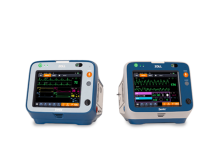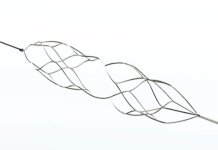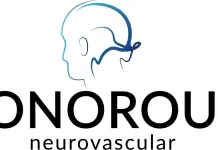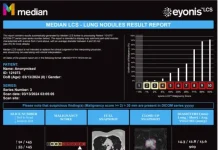The US Food and Drug Administration (FDA) has granted 510(k) clearance for Avicenna.AI’s CINA-CSpine tool.
This AI solution is developed to automatically detect and prioritise life-threatening conditions, assess them for severity, and seamlessly notify clinicians.
Related: DermaSensor’s skin cancer detection device helps clinicians in published study
CINA-CSpine is engineered to aid in the detection and triage of cervical spine fractures from computed tomography (CT) images.
These fractures, often resulting from traumatic injuries, can lead to severe neurological damage or paralysis if not treated promptly. The tool’s purpose is to enhance outcomes and reduce long-term complications by accelerating the detection process and facilitating timely treatment.
The AI tool works by flagging suspected positive findings that are compatible with acute cervical spine fractures, thereby alerting radiologists with their existing systems.
Avicenna.AI co-founder and CEO Cyril Di Grandi said: “Cervical spine fractures are serious injuries that require prompt and appropriate medical attention, especially if the spinal cord is involved, so accurate diagnosis is essential.
“With CINA-CSpine, we aim to help reduce the delay between scan and interpretation, which is critical in the treatment of this condition.”
Avicenna.AI’s CINA-CSpine was validated using more than 300 non-contrast CT scans from the US and Europe, taken from 36 different scanner models across five vendors.
It demonstrated overall sensitivity and specificity of 90.3% and 91.9%, respectively.
In June 2024, Avicenna.AI received 510(k) clearance from the FDA for its AI tool CINA-VCF, which is designed to detect vertical compression fractures.
Avicenna.AI’s portfolio features seven other AI tools, including solutions for the prevention and detection of intracranial haemorrhage, pulmonary embolism, vertical compression fractures, and the ASPECT Score for stroke severity quantification.




